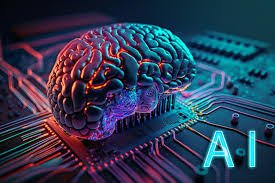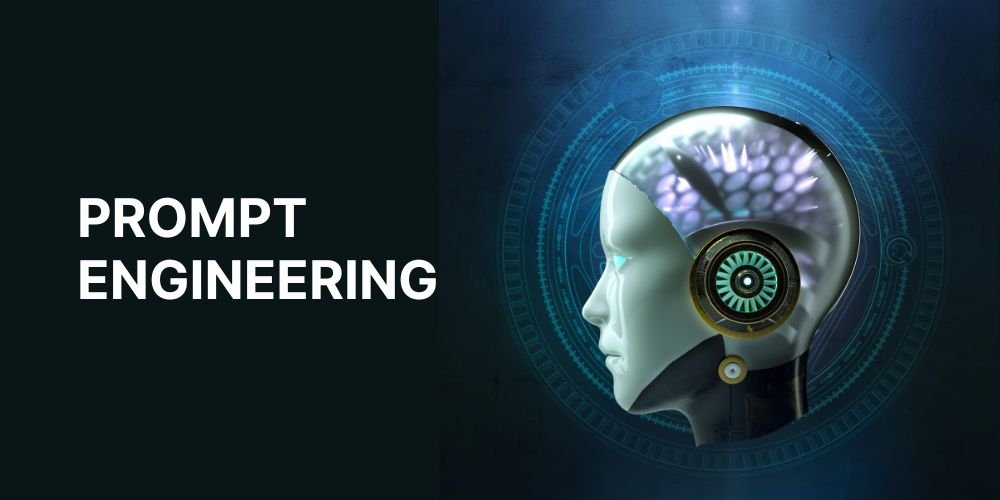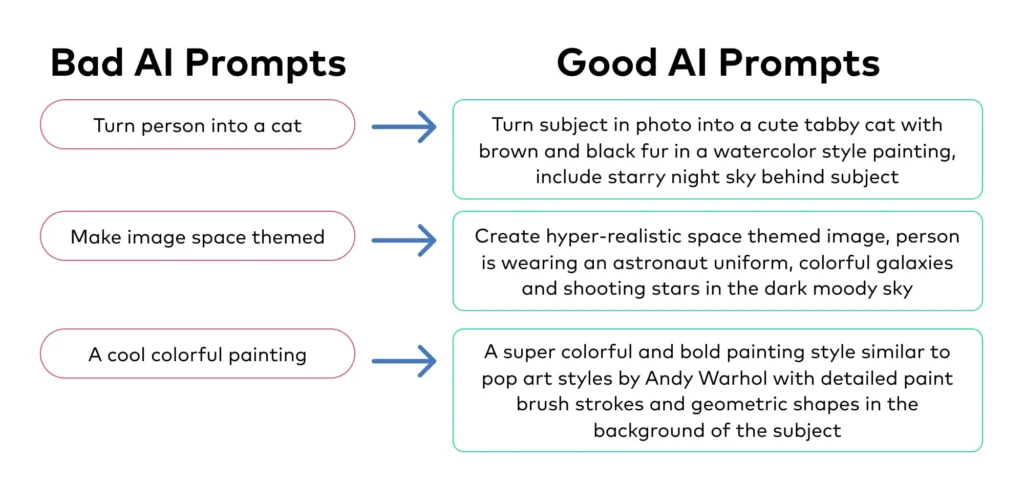
Artificial Intelligence is transforming how we work, learn, and create. But one of the biggest risks of using AI is becoming over-reliant on it—especially when it comes to making decisions or forming opinions.
1. Use AI for Research, Not Final Conclusions
What it does:
AI can help you gather information quickly—but never replace your own analysis.
How to use it:
- Ask AI:”Summarize the main arguments from this article.”
“Explain the history of World War I in simple terms.” - Then ask:”What are the strengths and weaknesses of this argument?”
“Are there any biases in this explanation?”
📌 Best for: Students, researchers, and professionals who want informed context—not final answers.

2. Ask AI Open-Ended Questions, Not Yes/No Prompts
What it does:
The way you prompt AI affects whether you engage with it critically or passively accept its output.
How to use it:
- ❌ Avoid:”Is climate change real?”
- ✅ Try:”What are the most common counterarguments to climate change—and how do scientists respond to them?”
“Give me different perspectives on AI ethics.”
📝 Tip: The more complex your question, the more it forces you to think and evaluate.
3. Treat AI Like a Textbook, Not a Teacher
What it does:
Think of AI as a reference guide—not the final authority on truth or logic.
How to use it:
- Let AI provide background or summaries
- Then compare with multiple sources
- Form your own conclusions based on evidence
💡 Bonus: This builds stronger analytical habits and reduces blind trust in AI.
4. Review & Edit AI Output Before Accepting It
What it does:
AI isn’t perfect. It often makes mistakes, repeats misinformation, or uses biased language.
How to use it:
- Always read AI content carefully before using it
- Check facts, statistics, and quotes manually
- Rewrite responses to match your voice and understanding
- Add your insights and real-world examples
📌 Best for: Writers, students, and professionals who value accuracy and originality.
5. Challenge AI Responses by Asking Follow-Up Questions
What it does:
Instead of accepting AI’s first answer, use follow-up prompts to dig deeper.
How to use it:
- After getting a response, ask:”What are the limitations of this approach?”
“Can you explain that in another way?”
“What would someone disagreeing say about this?”
📝 Tip: This helps you think like a researcher, not just a consumer of AI answers.
6. Combine AI with Your Own Knowledge & Experience
What it does:
Use AI to enhance your thinking , not replace it.
How to use it:
- Ask AI to explain a concept you’re already familiar with
- Compare what you know with what AI says
- Fill in gaps with your own expertise
- Use AI to refine, not generate entirely new ideas

⚖️ Why Critical Thinking Still Matters with AI
AI is fast and efficient—but it doesn’t have:
- Personal experience
- Emotional intelligence
- Ethical reasoning
- Creative insight
That’s why it’s essential to keep your brain active and engaged. Think of AI as a collaborator , not a replacement.
🎯 Final Tips for Using AI Without Losing Your Edge
- Use AI to save time, not thought.
- Always verify claims made by AI with trusted sources.
- Practice prompt engineering to get better results.
- Stay curious—ask why , not just what .
- Combine AI with your own judgment, storytelling, and problem-solving skills.
🔍 Popular AI Tools That Support Critical Thinking
| Tool | What It Does |
|---|---|
| ChatGPT / Gemini | Explains concepts, suggests outlines, and rewrites drafts |
| YouChat / Bing Chat | Summarizes articles, explains topics, and compares viewpoints |
| QuillBot | Rewrites text but still requires human review |
| Wordtune | Suggests sentence improvements and alternative phrasing |
| Google Bard (Gemini) | Great for exploring multiple angles of a topic |
📌 Tip: These tools offer free versions—perfect for smart, responsible use.
❓ Frequently Asked Questions (FAQs)
Q1: Can AI improve my critical thinking?
A: Yes—if used correctly. AI can challenge assumptions, offer alternative views, and expose you to new ideas.
Q2: Should I always double-check AI-generated content?
A: Absolutely! AI can make factual errors, copy from unreliable sources, or give incomplete advice.
Q3: Is using AI bad for learning?
A: Only if you rely on it too much. Used wisely, AI enhances learning by helping you understand difficult topics faster.
Want more tips on using AI responsibly and keeping your mind sharp? Subscribe to our newsletter and get weekly updates on ethical AI use, smart prompting, and critical thinking strategies straight to your inbox!






0 Comments